The subjects are the elderly, with priority given to the elderly in difficult circumstances or with illnesses; households with elderly people; the Association of the Elderly and agencies and organizations related to the elderly.
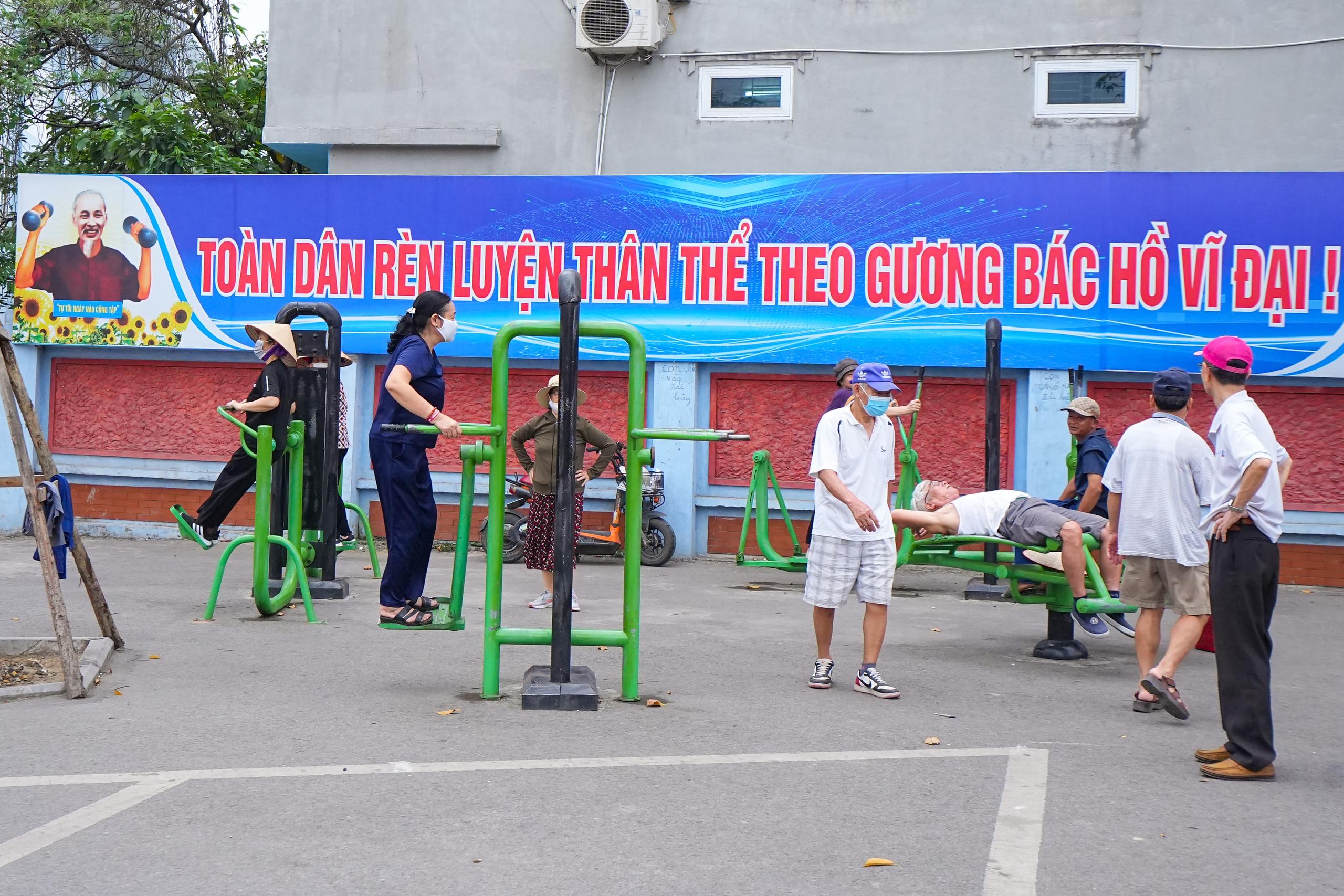
The city has set many specific targets to improve the quality of life and promote the role of the elderly in the period 2025-2030. In particular, it focuses on supporting vocationaleducation , job creation, livelihoods, and housing; developing the health care and rehabilitation system; building nursing home models, semi-boarding care, and community-based care. Strive for at least 75% of the elderly who need and are still able to work to have jobs; support career guidance and vocational training for at least 700 people; over 500 households with elderly people to receive preferential loans to develop production and business.
100% of communes and wards will have cultural and sports clubs to attract the elderly to participate; 90% will have Intergenerational Self-Help Clubs or similar models; 95% will have a Fund to care for and promote the role of the elderly. 100% of the elderly will be issued health insurance cards, have health management records, and receive medical examination and treatment when sick. Strive for 90% of the elderly to receive primary health care, 75% to receive annual check-ups. Large general and specialized hospitals will arrange separate examination rooms and treatment departments for the elderly.
In addition, the city ensures that 100% of the elderly in difficult circumstances receive social assistance and no longer live in temporary, dilapidated houses. The elderly with severe mental illness, homeless people, and those with disabilities will be cared for at social assistance facilities. Strive for at least 70% of the elderly to have access to and use information technology and communication products.
In the period 2031-2035, the city strives for 85% of the elderly who have the need and ability to work to have jobs; vocational support for 800 people, 600 households to receive preferential loans. 100% of communes and wards have cultural and sports clubs; 95% have Intergenerational Self-Help Clubs; 100% have Elderly Care Funds. All elderly people receive regular health check-ups and have their records maintained; 90% of major hospitals have separate examination rooms for the elderly. 95% of the elderly in difficult circumstances have access to medical services, 85% of the disabled are rehabilitated. 100% of the poor and homeless elderly receive social and legal assistance; no longer live in temporary housing. Over 80% of families with elderly people with disabilities are trained in care skills; 85% of the elderly have access to information and communication technology.
The city also aims to complete and improve the quality of the policy system for the elderly by 2045 in a comprehensive, synchronous, modern and sustainable manner. Focus on protecting, caring for and effectively promoting the role and potential of the elderly, ensuring social security and welfare in the context of population aging, contributing to building a prosperous city and country, and comprehensive Vietnamese people./.
Source: https://haiphong.gov.vn/tin-tuc-su-kien/trien-khai-dong-bo-cac-giai-phap-huong-toi-chinh-sach-toan-dien-va-ben-vung-cho-nguoi-cao-tuoi-757968



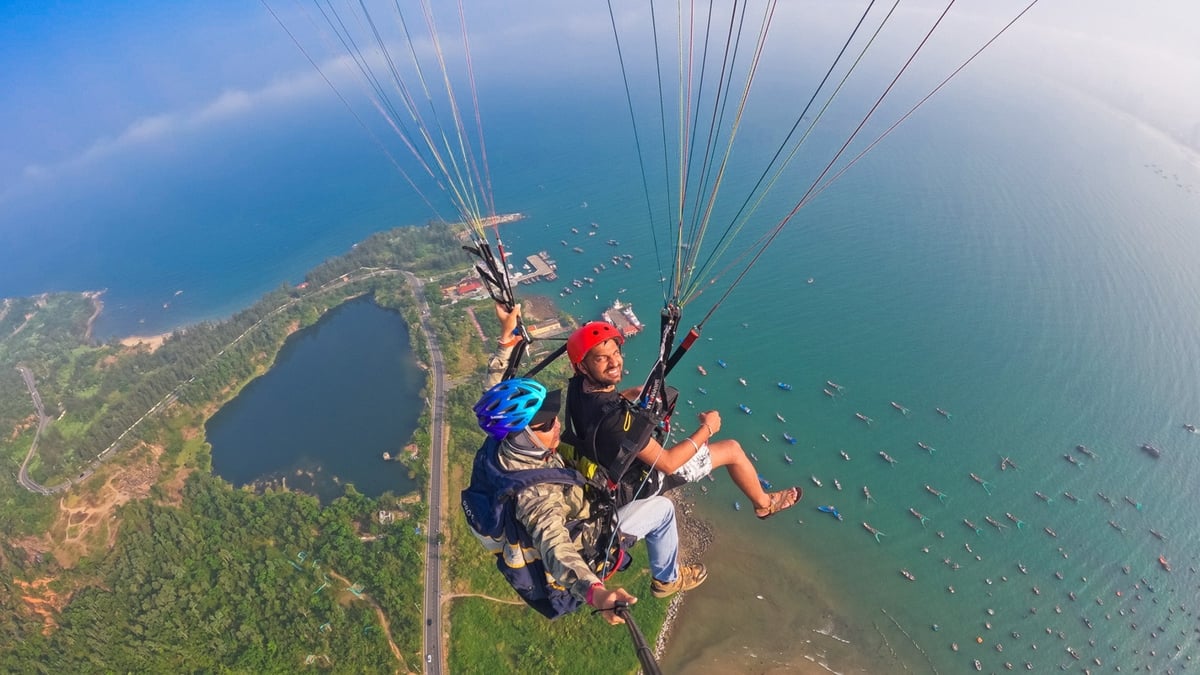

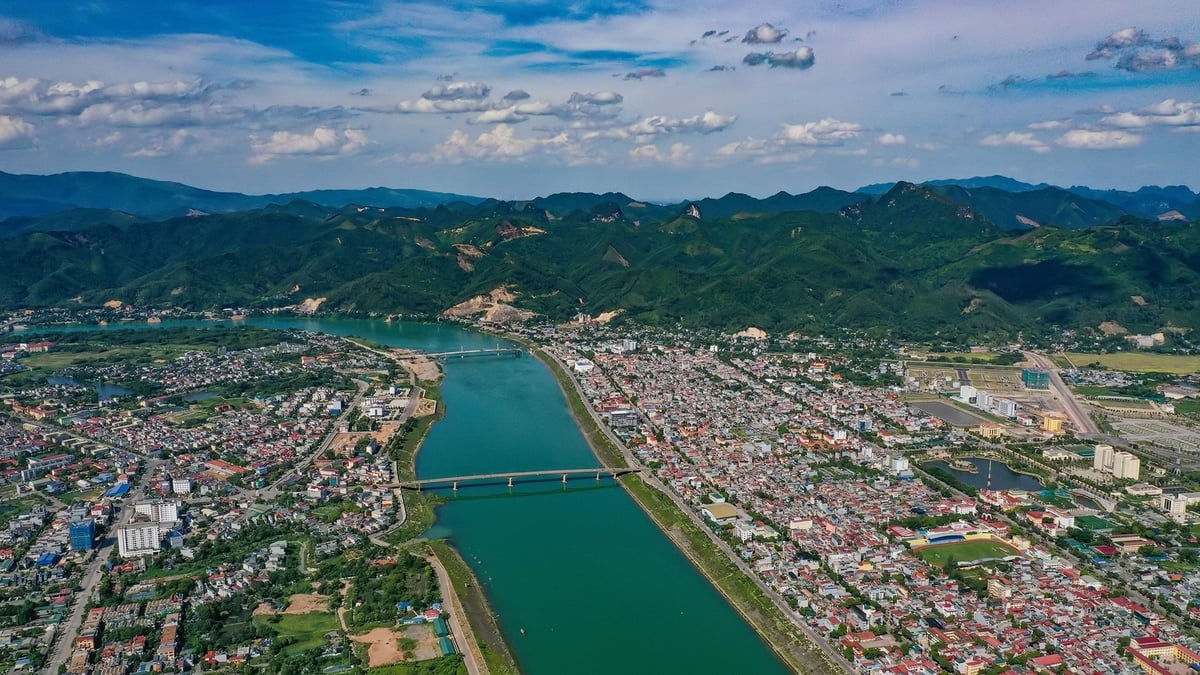
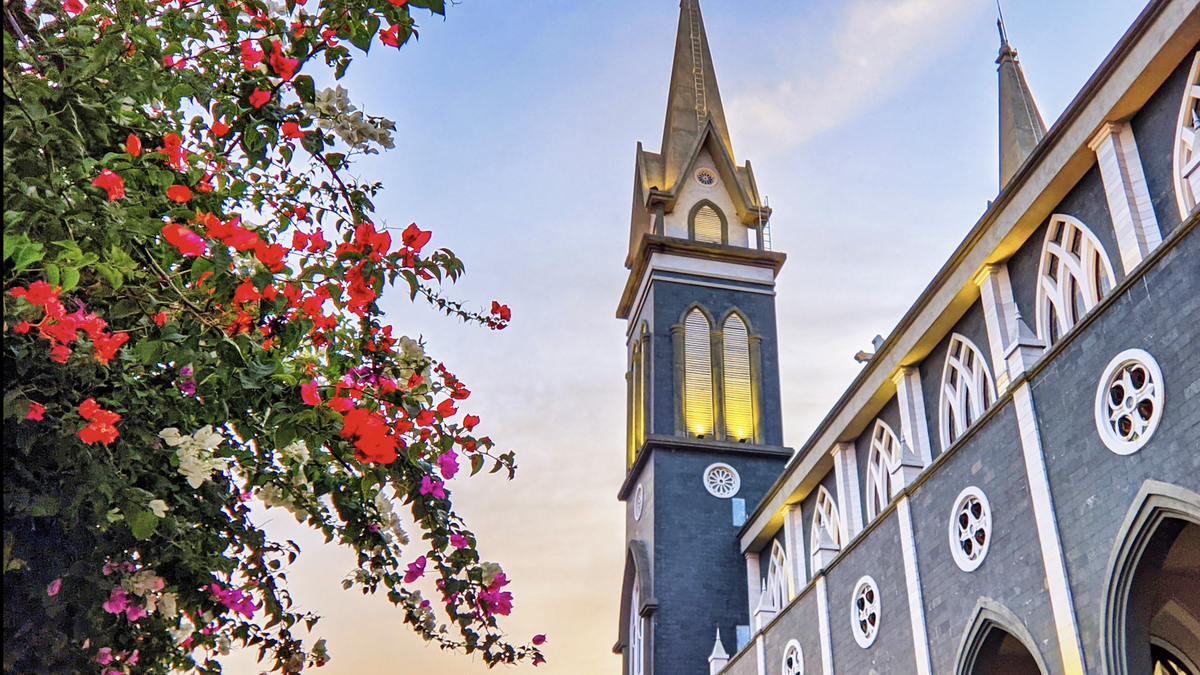





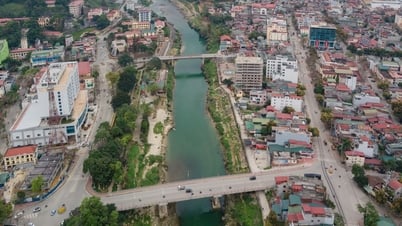
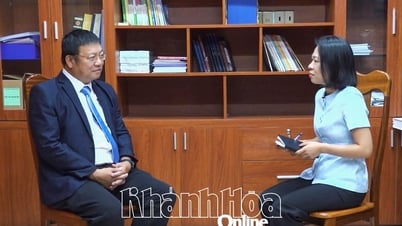

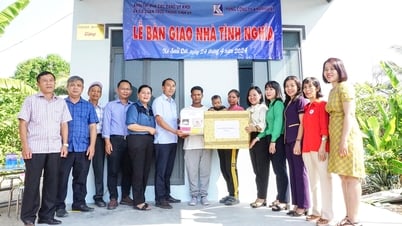
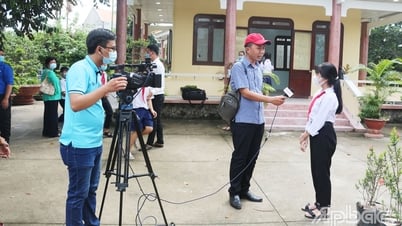





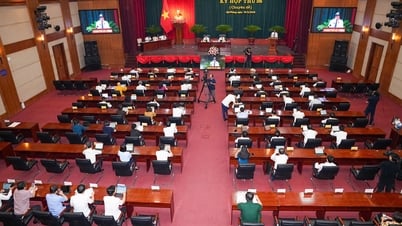




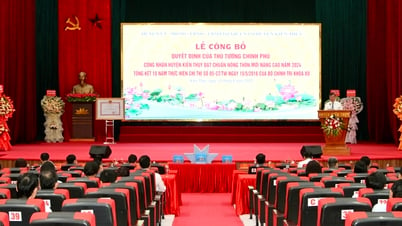

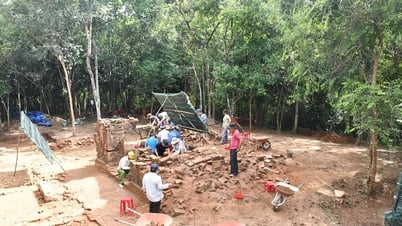





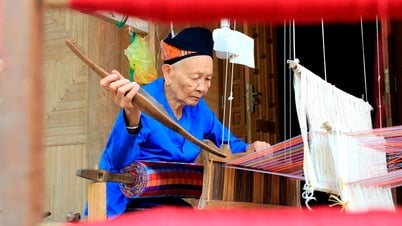



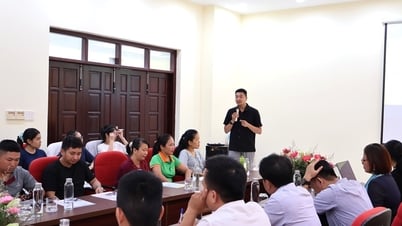
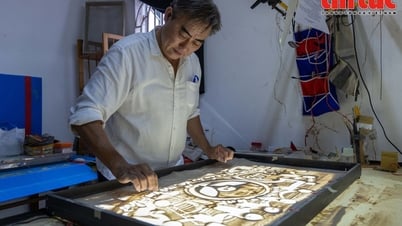





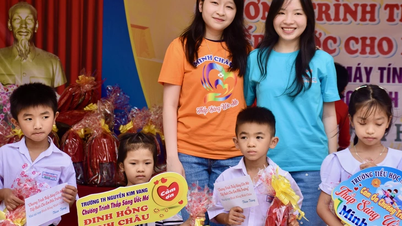



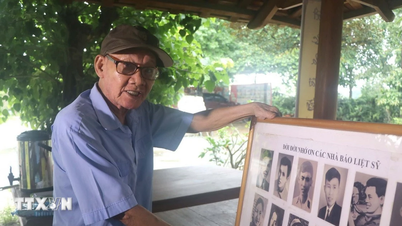




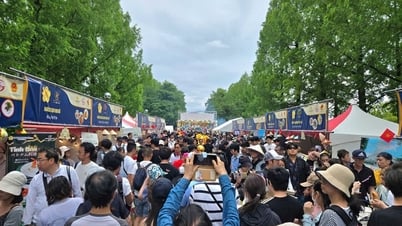





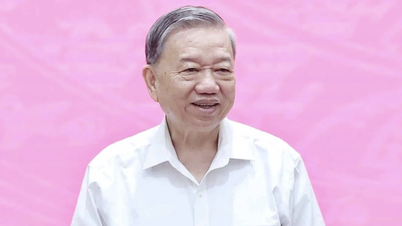
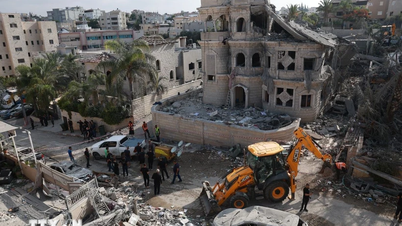


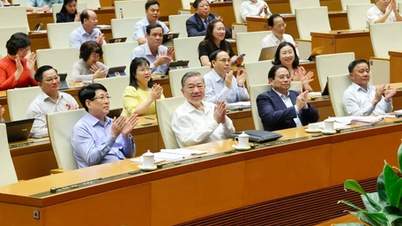


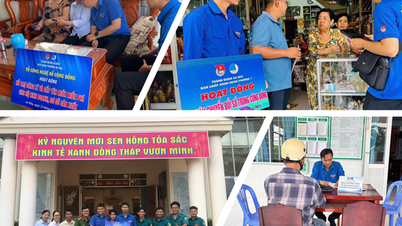



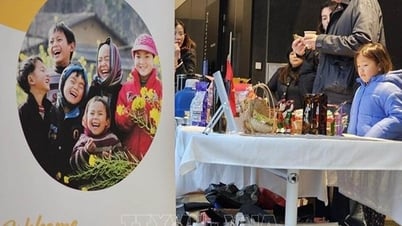
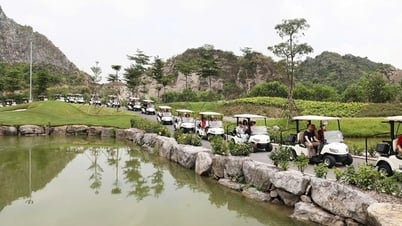


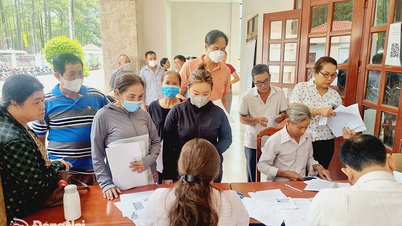


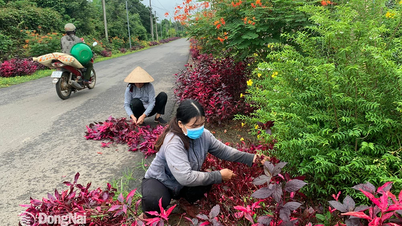
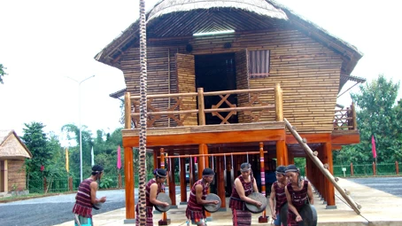
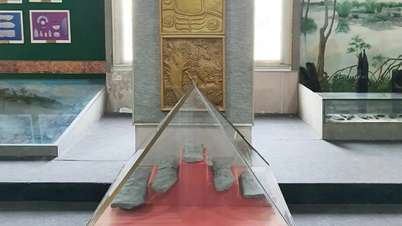
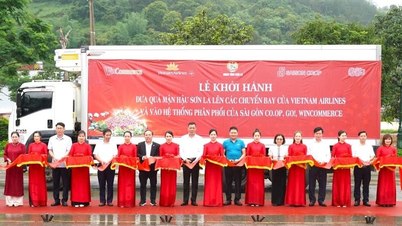












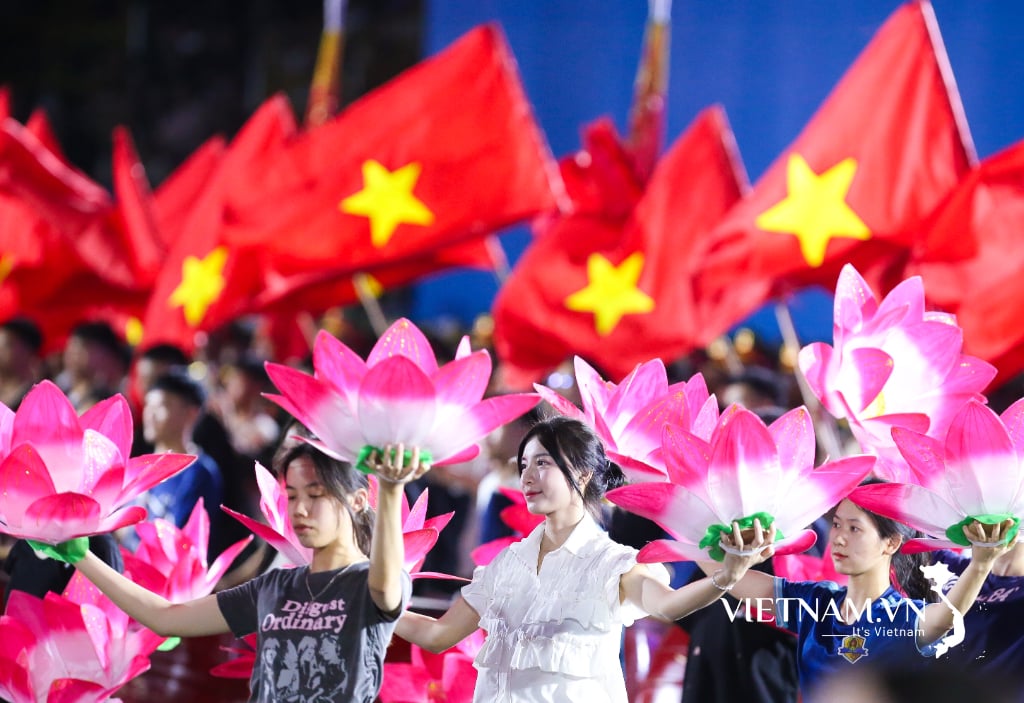

Comment (0)